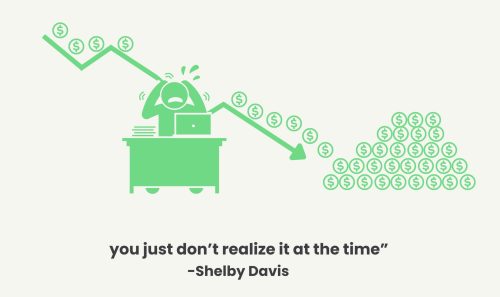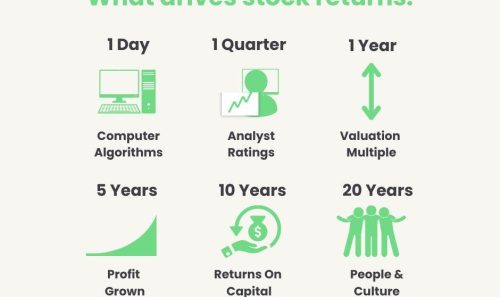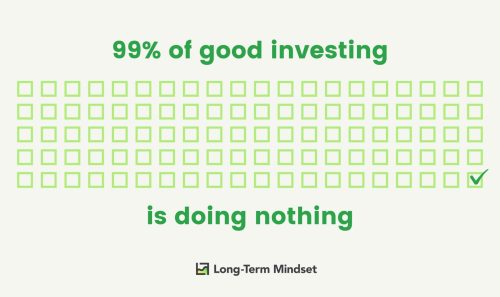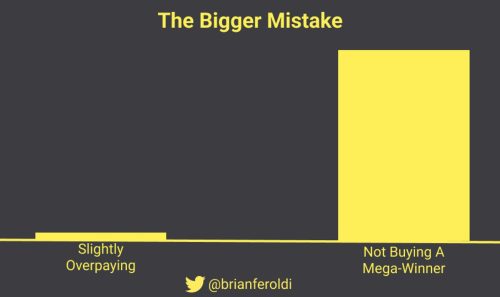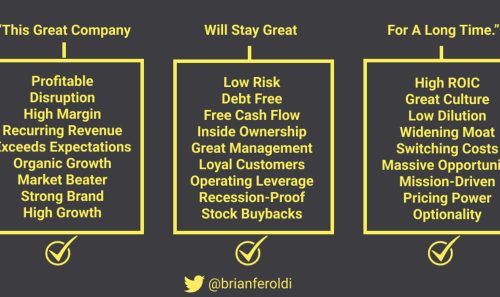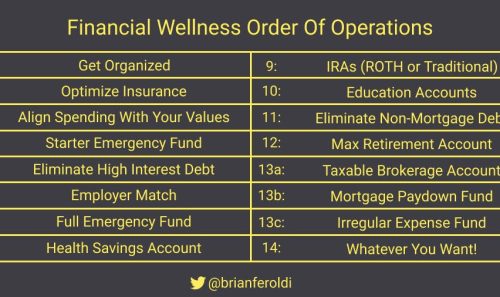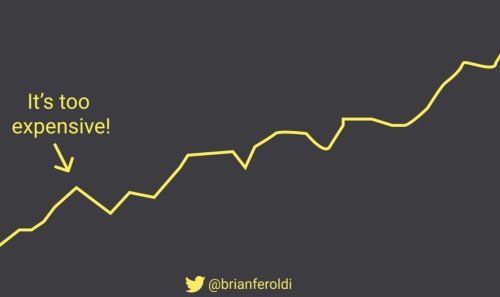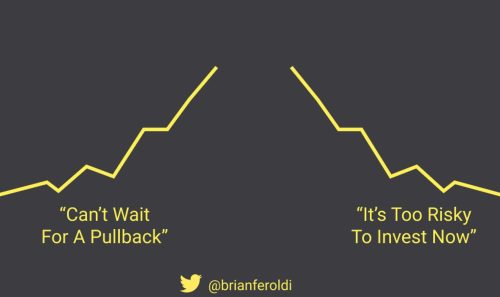🧠 Can More Money Make You Worse Off?
Friends,
In 2007, a California radio station held a contest: Hold your Wee for a Wii. Contestants competed to drink the most water without going to the bathroom.
A 28-year old, Jennifer Strange, finished six liters in three hours before bowing out. Later that night, she died from hyponatremia – or the swelling of cells due to low sodium in the bloodstream.
If you walked up to a stranger and asked, “Is water a good thing?”, you’d overwhelmingly hear, “Yes.”
Yet, as Strange’s story shows, dosage matters.
We know this inherently. Sunshine is great, sunburn is bad; a dish of ice cream delicious, a gallon gluttonous; a weekend with extended family precious, a month with the same people crazy-making.
One area we’re still convinced more is always better: money. Very few people behave in a way that says: “too much money is a bad thing.”
Our friend Morgan Housel believes that’s a mistake. On a recent episode of the Morningstar podcast, he said, “The idea of an optimal net worth is…[when] more money, not only does not make [you] happier, it might be like the inverted U: It starts to decrease [your] happiness.”
How could more money decrease your happiness? A few possibilities:
- The hedonic treadmill keeps you lusting for more without any satisfaction.
- Your kids grow up spoiled and detached from reality.
- Your relationships deteriorate as your elevated net worth creates distance from those in your orbit.
The bottom line: a long-term mindset is not about being rich; it is about being wealthy. The former denotes lots of money, the latter denotes autonomy of time.
Given that, what would your ideal net worth be?
It might be less than you might think.
– Brian Feroldi, Brian Stoffel, & Brian Withers
Sponsored by QuillBot
QuillBot makes writing easier and faster than ever
You know that sinking feeling you get when you realize you sent an email with mistakes? Say goodbye to that feeling for good. With QuillBot, you can write faster and with more confidence than ever before.
QuillBot’s AI writing platform helps with paraphrasing, summarization, grammar checking, citation generation, drafting, editing, and plagiarism detection – so you can focus on what’s important: your message. With over 25 million monthly active users across the globe, QuillBot is on a mission to make writing painless for everyone. So why wait? Try QuillBot today and see for yourself how easy and fast writing can be.
One Simple Graphic:
|
|
One Piece of Timeless Content:
Like Warren Buffett, we like to invest in companies with big moats. But, because of competition and outside factors, a moat is almost never stable.
It would be valuable for investors if they could “systematically determine the size of a company’s moat.” Michael Mauboussin and two other colleagues did just that. Check out their investing report titled: Measuring the Moat.
One Twitter Thread:
As a former web developer, Gurwinder understands “how tech companies use information to manipulate people online.” His blog and Twitter threads focus to “describe the myriad ways in which technology and psychology conspire to fool us.”
This mega-thread is an extensive overview of these concepts–a must read in today’s ever-expanding digital society.
February 11th 2022
|
One Resource:
Whatever you think about cryptocurrencies, one thing is certain; they aren’t going away. Bloomberg’s Matt Levine just published a comprehensive review titled The Crypto Story— Where it came from, what it all means, and why it still matters. It’s a great piece that will get you up to speed fast.
One Quote:
|
|
More From Us:
📗 Brian Feroldi’s book is now available as an audiobook.
👨🎓 Cohort 3 of our financial statements course launches in January. Our net promoter score is 92 (119 reviews). Sign up here to be notified when enrollment opens.
📈 Why Brian Stoffel owns these 17 stocks.


